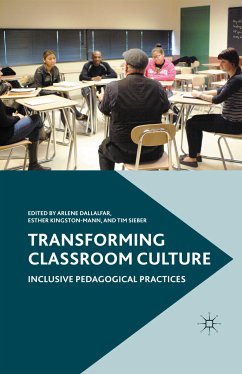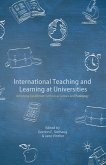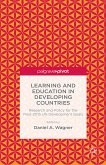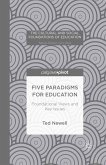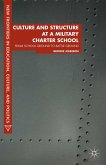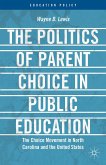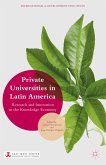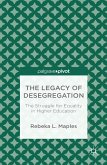"This book manages to weave together the personal experiences of dedicated educators with some astute political analysis of the larger forces that shape those experiences. It has been more than a half-century since C. Wright Mills issued a famous call for research that 'converts personal troubles into social issues.' We have here a collection of highly individualized encounters - both failures and successes - with the tendency of the university to resist change. What unites these accounts is a common theme that gives the reader an ever-sharpening picture of the fissures, pathways, and possible nodes that can lead to change." - Troy Duster, Professor of Sociology and Bioethics, New York University
"The authors in this remarkable book speak about themselves, their students, their institutional contexts with unusual moral, political, and cultural self-awareness and boundary-crossing interpretive acuteness. Their papers interweave not only a multi-vocal but also a coherent and immediately useful conversation about teaching in richly diverse classrooms. Telling vivid stories, drawing on experience as well as research and acute socioeconomic as well as educational analyses, they offer on-the-ground lessons for other teacher/researchers who really do care about and take responsibility for the lives - including those of professors - that are indeed changed in classrooms." - Elizabeth K. Minnich, author of Transforming Knowledge (2nd Edition), and Senior Scholar, Association of American Colleges & Universities, Office of Diversity, Equity and Global Initiatives
"Within these chapters, the reader will find stories of hope, empowerment, fulfillment, and validation. Increasingly diverse students and faculty populate our colleges and universities. Together, they are finding ways to change teaching and learning practices that honor and respect their strengths, talents, and passions. They are challenging traditionalacademic epistemology and exploring new ways of knowing. Together, through research and learning, students become knowledge producers instead of knowledge consumers, with the civic corollary that their education prepares them to be participants in a wider culture of democracy instead of being spectators to it. Through the practice of collaborative and inclusive knowledge generation and discovery in classrooms and communities, deeper, pervasive change is happening on campuses, changing institutional cultures. These are stories about that change. They are about a hopeful future for higher education." - John Saltmarsh, Director of the New England Resource Center for Higher Education, the University of Massachusetts Boston
"The authors in this remarkable book speak about themselves, their students, their institutional contexts with unusual moral, political, and cultural self-awareness and boundary-crossing interpretive acuteness. Their papers interweave not only a multi-vocal but also a coherent and immediately useful conversation about teaching in richly diverse classrooms. Telling vivid stories, drawing on experience as well as research and acute socioeconomic as well as educational analyses, they offer on-the-ground lessons for other teacher/researchers who really do care about and take responsibility for the lives - including those of professors - that are indeed changed in classrooms." - Elizabeth K. Minnich, author of Transforming Knowledge (2nd Edition), and Senior Scholar, Association of American Colleges & Universities, Office of Diversity, Equity and Global Initiatives
"Within these chapters, the reader will find stories of hope, empowerment, fulfillment, and validation. Increasingly diverse students and faculty populate our colleges and universities. Together, they are finding ways to change teaching and learning practices that honor and respect their strengths, talents, and passions. They are challenging traditionalacademic epistemology and exploring new ways of knowing. Together, through research and learning, students become knowledge producers instead of knowledge consumers, with the civic corollary that their education prepares them to be participants in a wider culture of democracy instead of being spectators to it. Through the practice of collaborative and inclusive knowledge generation and discovery in classrooms and communities, deeper, pervasive change is happening on campuses, changing institutional cultures. These are stories about that change. They are about a hopeful future for higher education." - John Saltmarsh, Director of the New England Resource Center for Higher Education, the University of Massachusetts Boston

